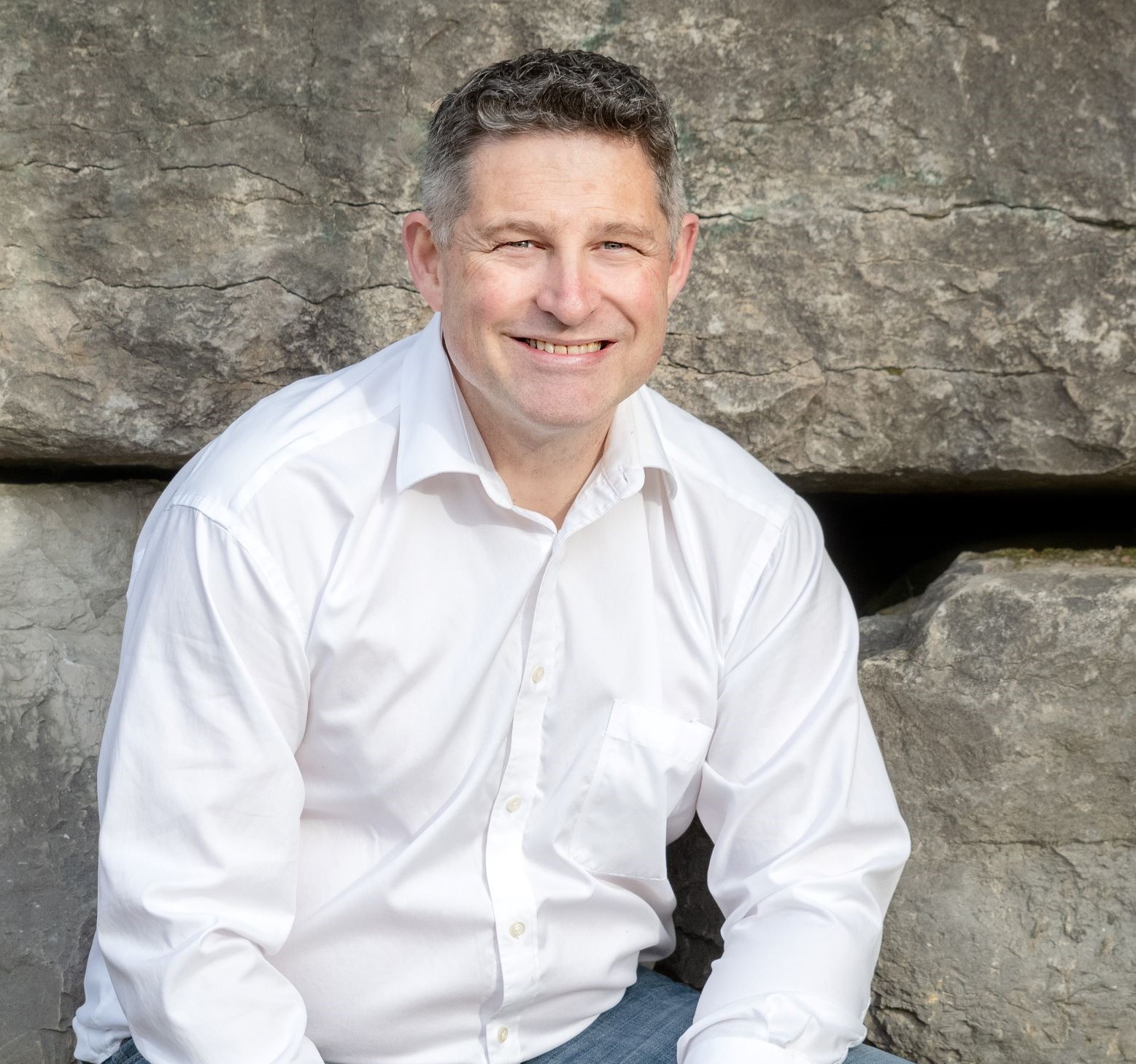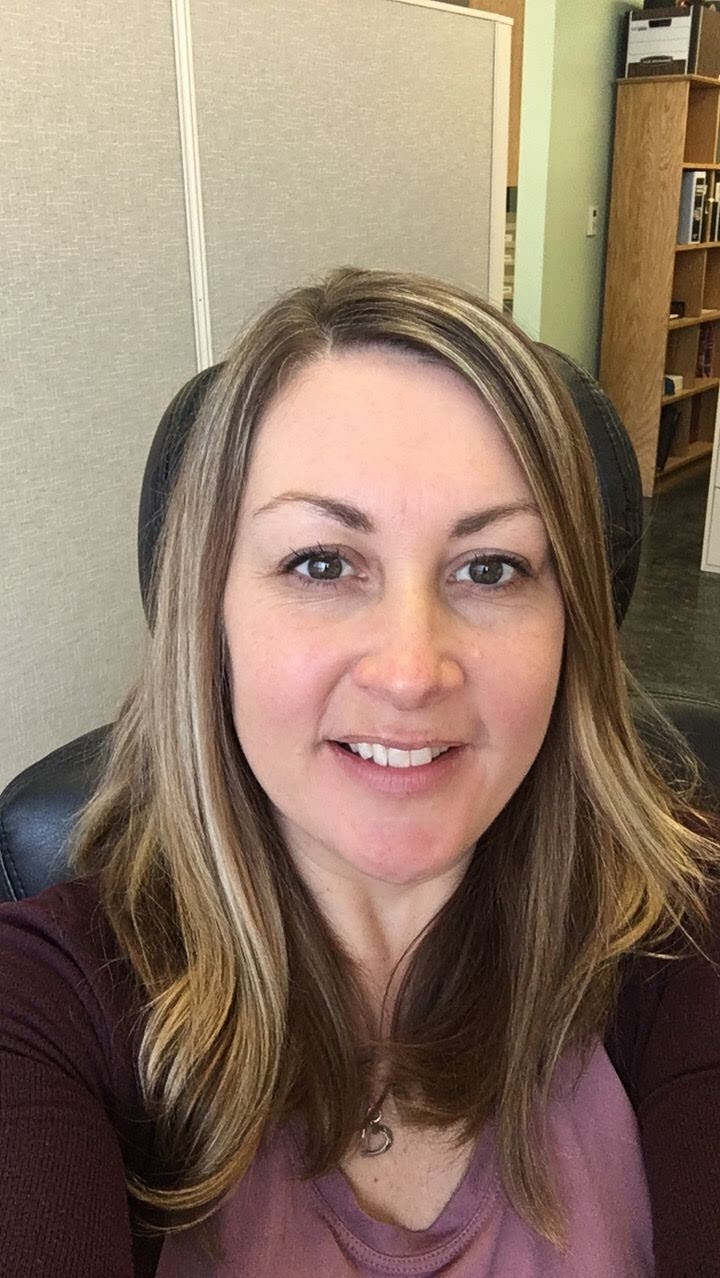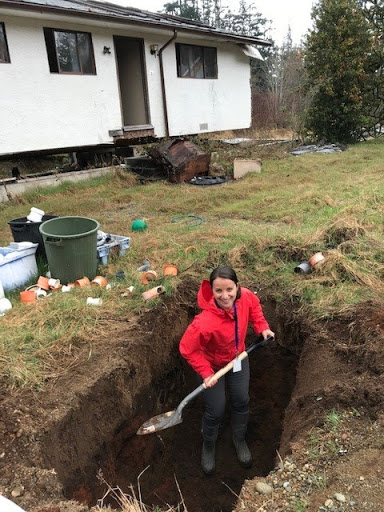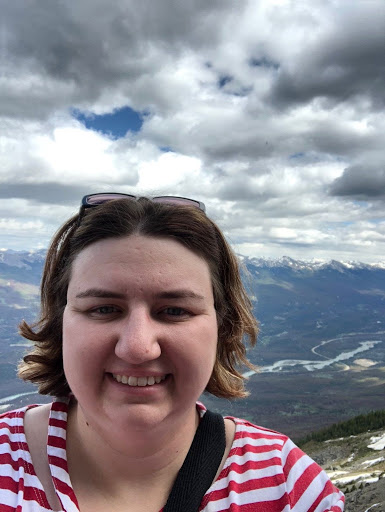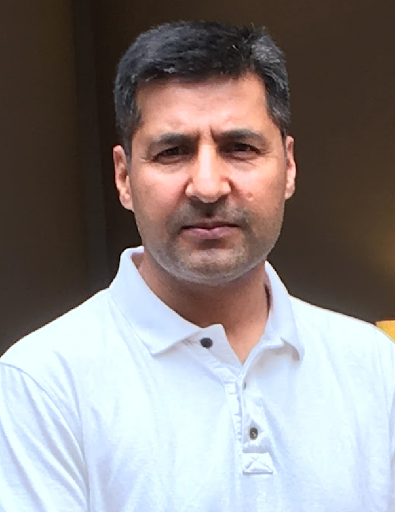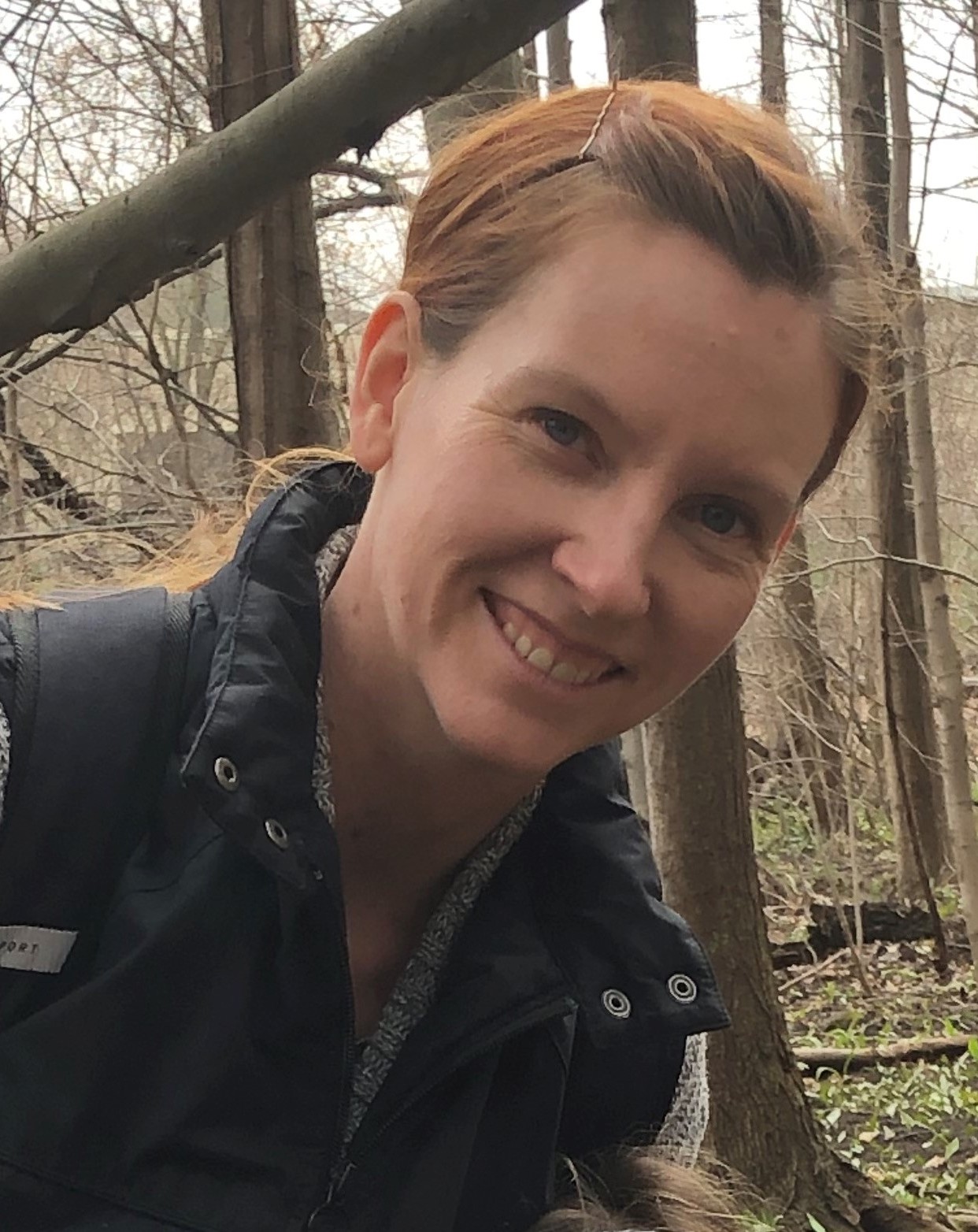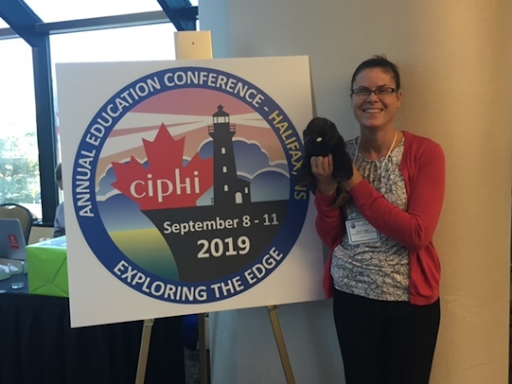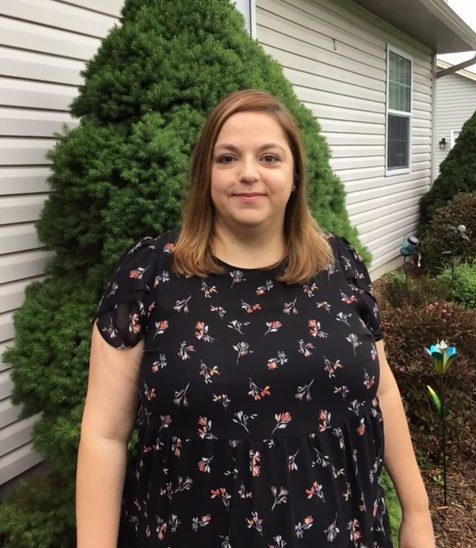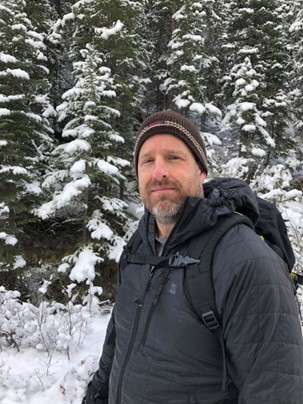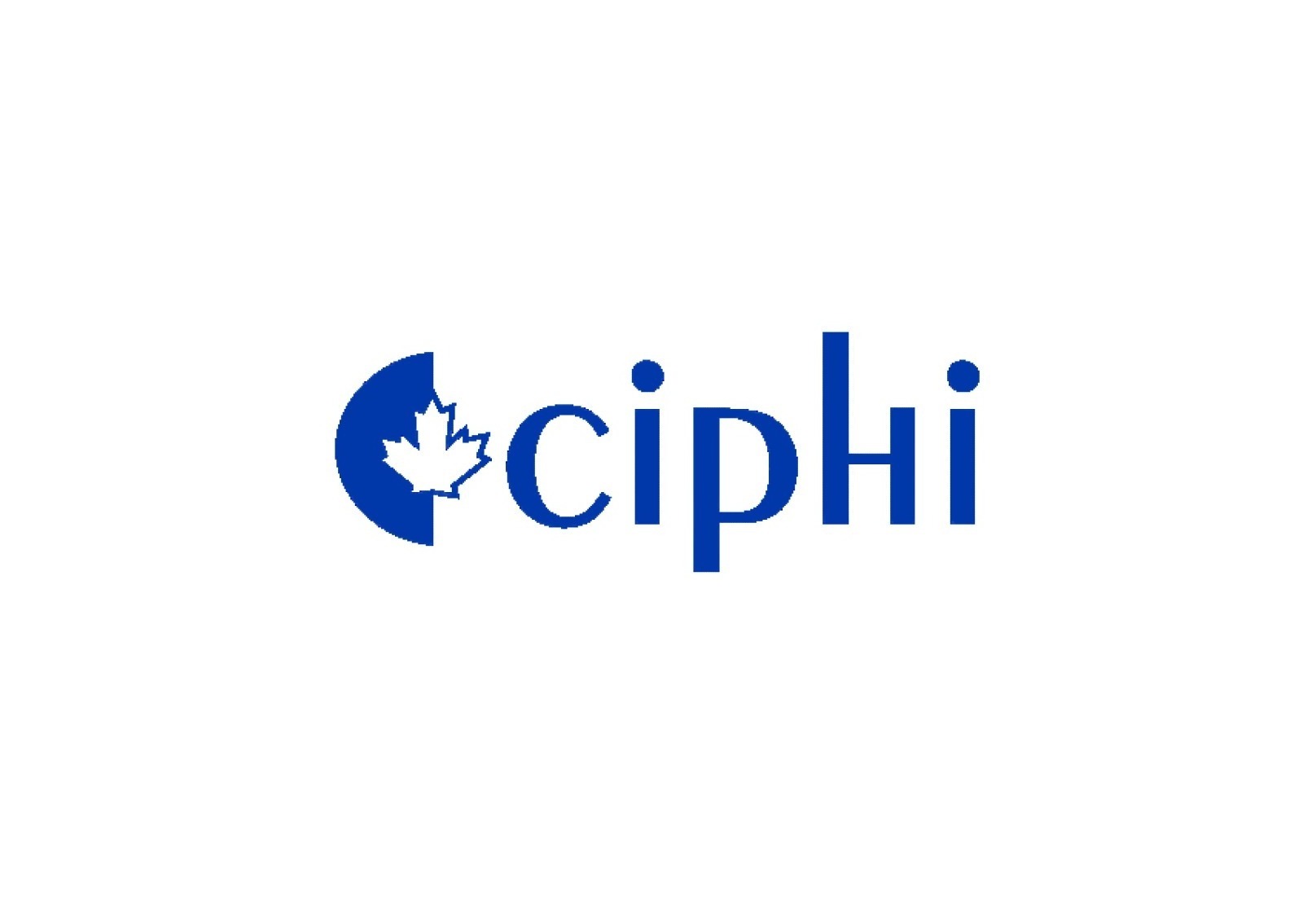Programme de compétences professionnelles continues (CPC)
Le programme CPC a débuté le 1er janvier 2010 pour tous les membres réguliers de l’Institut canadien des inspecteurs en santé publique (ICISP). Auparavant, les professionnels de la santé publique environnementale (PSPE) n’étaient pas tenus de démontrer le maintien de leurs compétences après leur certification. Ainsi, tout détenteur du CISP(C) restait certifié, qu’il exerce ou non dans le domaine ou qu’il suive ou non une formation ou un perfectionnement professionnel.
L’ICISP a développé le programme CPC pour faciliter la reconnaissance professionnelle des détenteurs du CISP(C), pour les tenir au courant des développements continus dans le domaine de la santé publique environnementale et pour soutenir leur perfectionnement professionnel continu. Le conseil de l’expérience professionnelle (CEP) a été créé en 2010 pour administrer le programme.
Le programme CPC est un outil incorporé par l’ICISP pour s’assurer que tous les PSPE intègrent le perfectionnement professionnel continu pendant qu’ils sont actifs dans le domaine de la santé publique environnementale. En outre, le programme CPC :
1
Fournit aux PSPE certifiés une protection contre les difficultés liées aux compétences personnelles
2
Offre aux employeurs la possibilité d’évaluer les compétences du personnel et d’aider à orienter le perfectionnement professionnel
3
Soutient les PSPE dans l’acquisition et le maintien des compétences essentielles à leur rôle
4
S’aligne sur la certification CISP(C), renforçant le statut reconnu des PSPE en tant que professionnels spécialisés
Vue d’ensemble du programme CPC

Code de déontologie
Les attentes de base en matière de
conduite professionnelle de tous les PSPE
Normes de pratique
Cadre de principes décrivant les attentes en matière de connaissances, de compétences et de valeurs ; informe également les PSPE de leurs responsabilités et le public de ce qu’il est en droit d’attendre des PSPE (voir la page 13 du Guide de référence du programme CPC).
Modèle de perfectionnement
professionnel (PP) des CPC
Le modèle de PP fixe
le nombre annuel d’heures de perfectionnement professionnel (HPP)
exigées des membres réguliers de l’ICISP

Compétences spécifiques
à la discipline
Les connaissances, compétences et aptitudes essentielles
nécessaires pour réussir à exercer la fonction de PSPE
au-delà de la certification CISP(C) (voir page 21 du Guide de référence du programme CPC)
Heures de perfectionnement professionnel (HPP)
Les membres réguliers de l’ICISP sont tenus d’obtenir des HPP tout au long de l’année civile. Il leur incombe de revoir chaque année les exigences de l’ICISP en matière de perfectionnement professionnel.
Plans d’apprentissage
Le programme CPC est conçu pour encourager les PSPE à réfléchir de manière critique à leur pratique et à évaluer leurs capacités par rapport aux compétences spécifiques à la discipline. En complétant un plan d’apprentissage, les PSPE peuvent réfléchir aux activités d’apprentissage auxquelles ils participent. De cette manière, les connaissances développées grâce aux activités d’apprentissage peuvent être utilisées dans la pratique quotidienne.
